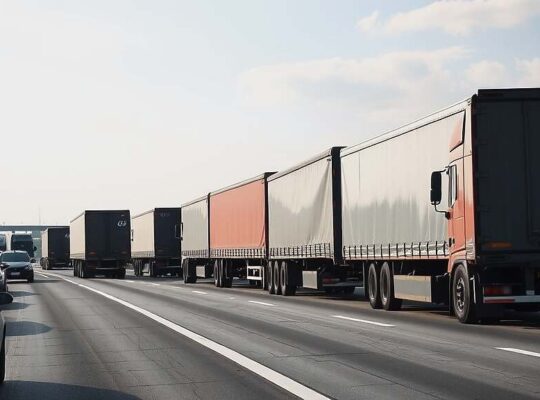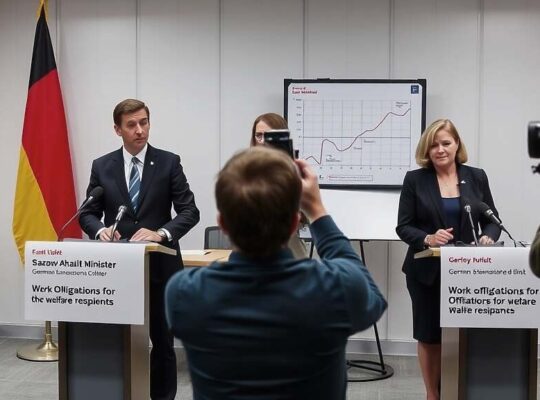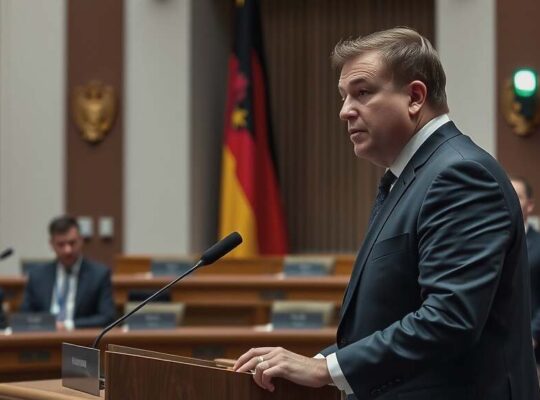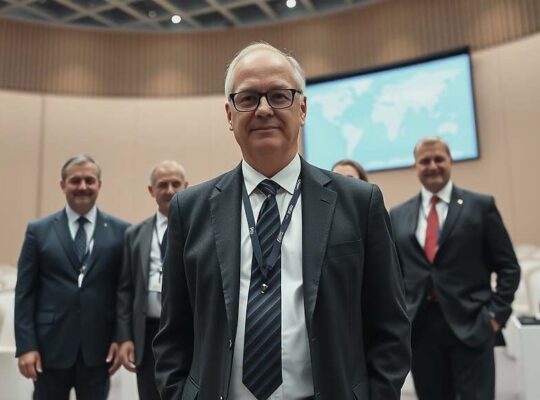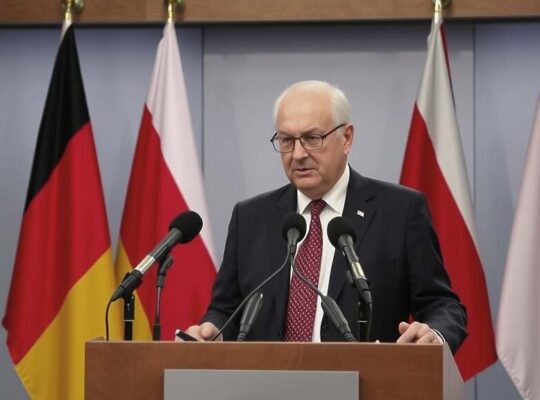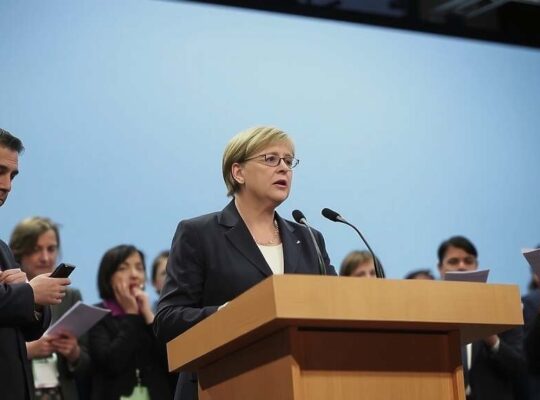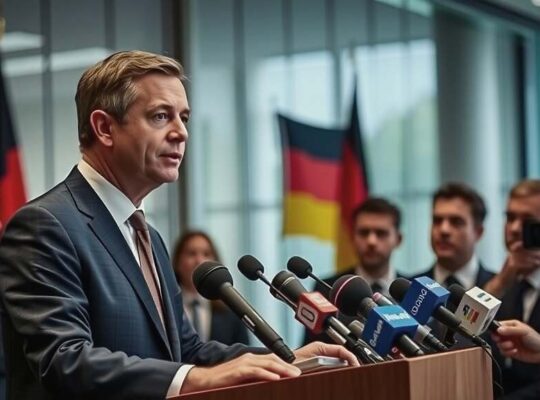The impending shift in leadership at Porsche, coupled with stark pronouncements from Volkswagen Group CEO Oliver Blume, signals a period of significant introspection and potential realignment within Germany’s automotive industry. Blume, who currently holds the dual role of Porsche CEO and Volkswagen Group leader, will relinquish the former at the new year, expressing a sentiment of bittersweetness regarding his departure from the iconic sports car brand.
Beyond the personal aspect, Blume’s motivations for stepping down – and his candid assessment of the broader economic climate – are injecting considerable political weight into the conversation. He explicitly cited the necessity of focused leadership in a climate defined by “massive crises” implying that the combined pressures of running two major companies have become unsustainable. A core issue driving this perception, according to Blume, is the demonstrable lack of profitability within the Volkswagen Group. He bluntly declared that the era of perpetually expanding prosperity has concluded, extending this observation from his company to the nation as a whole.
A critical factor contributing to this downturn, Blume identified as the collapsing automotive market in East Asia, particularly a sharp decline in Chinese revenues. Previously, these earnings had been instrumental in offsetting structural weaknesses within Germany, a situation he now states is no longer viable. This assertion carries significant implications for Germany’s export-dependent economy and highlights the precariousness of relying on a single, increasingly volatile market.
Blume’s remarks have subtly but powerfully entered the contentious European debate surrounding the 2035 combustion engine ban. While acknowledging the need for flexibility in CO2 regulations – a veiled critique of the current trajectory of electric vehicle adoption – he cautioned against complacency. He urged against a scenario where the easing of restrictions would merely encourage a return to fossil fuel vehicles, undermining broader environmental goals. The delicate balancing act of navigating the transition to electric mobility, while retaining political and consumer buy-in, is now acutely apparent.
Looking to the medium term, Blume predicted that electric vehicles will become increasingly attractive to consumers, primarily due to falling prices. He suggested a strategic shift in state subsidies, proposing a redirection of resources away from diesel support and toward the promotion of electric mobility. This proposition, while seemingly pragmatic, carries its own political sensitivities, potentially impacting the diesel industry and its associated workforce. The Volkswagen Group’s pronouncements suggest a calculated effort to shape the narrative surrounding the automotive transition, highlighting both the challenges and the potential for future growth within a rapidly changing industrial landscape.




